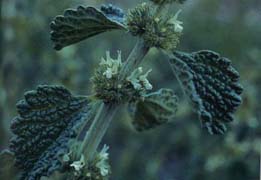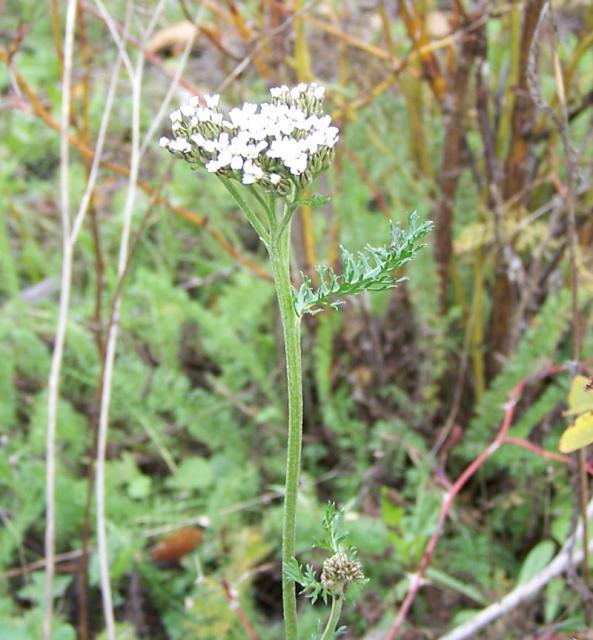User Login |
Wetland-Open Stream Bank5. Ideas, Plans, and GoalsWe would like to see the horsetail that is predominant throughout the site be pruned back and kept from overrunning the whole area. Maybe finding an area of the stream bank to keep it. However, this will require constant tending so that it doesn't make its way back throughout the whole site. We also would like to see kinnikinnick (which we believe to be completely dead) make an appearance again and be a healthy member of the open-stream bank community. Although they tend to love rocky slopes it might be a forelorn hope. If this is the case finding a similar plant to inhabit it's area would be a good idea. The path across the open stream has a small nootka rose growing in the middle of it that we would like to transplant to a place more suitable for growth. Besides this the site is in dire need of some more pruning and weeding as well as regular care, dandelion has taken large swaths of the hillside and need to come up. Also some of the signs are overgrown and some plants are not growing where there sign is.
categories [ Wetland-Open Stream Bank ]
read more
4. AccomplishmentsOur biggest accomplishment was to become acquainted with and familiar with our wetland. The first day working at the site was awkward and the space was hard to navigate, we also didn’t know any of the plants that called that area home. Now we are able to identify around twenty different plants. We have become more comfortable noticing when a plant shouldn’t be in a certain area and where a plant is coming in and overcrowding. We both did some pruning and weeding of horsetail, which had made its way throughout the whole site. Derek made some horsetail, yarrow, rosehip hair wash with some of the plants at the site. Through doing research about the wetland community we learned about what kinds of wetlands are in Puget Sound and some of the problems and threats posed for them.
categories [ Wetland-Open Stream Bank ]
read more
3. Plants1. Yarrow – Achilliea millefolium
Habitat: Not exactly a wetlands plant, but likes water and grows more quickly in wet places. In Washington it can be found just about anywhere.
categories [ Wetland-Open Stream Bank ]
read more
2. Site DescriptionThe site is long narrow space, roughly 121’ long by 26’ wide. The topography is fairly uneven. The hillside has a 40% grade towards the creek bed. The majority of it is open. Abstractly, the space is two narrow interloping ovals. A small seasonal creek runs from the woods adjacent from the west side of the longhouse, through a open field, then into a riparian hillside where it goes under a overpass and drains into a mixed forest community. It is roughly 121’ long by 1’ wide. The two hillsides that come out from the stream bank have various grasses and asters as well as horsetail. A very young solitary fir is growing on the hillside nearest to the longhouse. Cattail and sedges make up the actual creek bed, which did not receive water until after it had rained for many days. The site becomes woodier as it turns into the riparian hillside. There has been evidence of deer across from the sight where the creek comes out from the wood, as well as daddy long legs, various insects, birds, as well as evidence of moles.
categories [ Wetland-Open Stream Bank ]
read more
1. HabitatWetlands can be difficult to define and usually merge into other communities such as meadows and ponds. They can have standing water year round or only partially. Wetlands occur when the water table – where the ground water is the highest- is very close to the surface or above ground. If the soil is completely saturated with water standing water will collect when it rains, if not it will saturate the soil down to where there is an impervious surface (bedrock). If there is a long period without rain than the water table will drop and the wetland will dry(1).
categories [ Wetland-Open Stream Bank ]
read more
|

